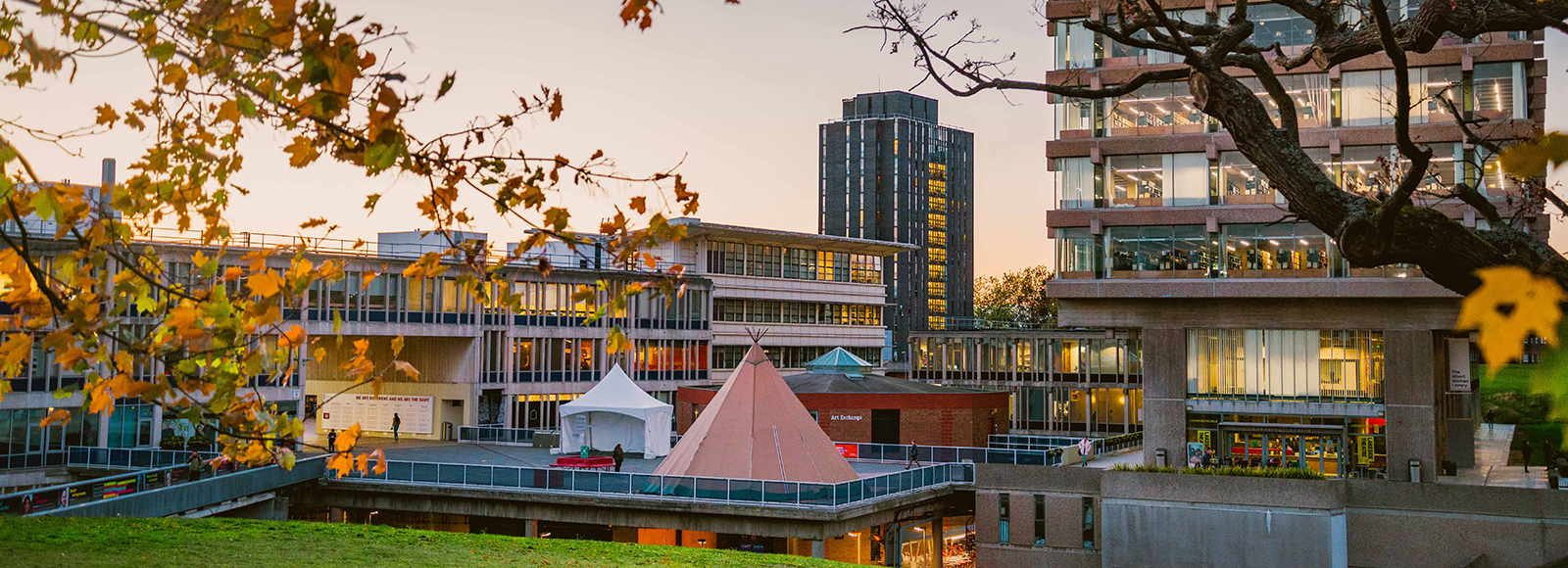- ...
Postgraduate Studentships - Search for funding opportunities.
Postgraduate Studentships - Search for funding opportunities.
Do you want to continue your training to become a psychodynamic counsellor or extend the age-range of clients with whom you can work? If so, our 2 year Psychodynamic Counselling course may be for you. You will need to have completed a full counselling diploma from another institution or our FdA/BA Therapeutic Communication and Therapeutic Organisations (TCTO) A requirement of the course is that you are in personal therapy or counselling on a weekly basis.
Taught at our Colchester Campus, this course offers a professional qualification to work psychodynamically either with adults, or with children and adolescents. There are two streams for the different age-ranges but much of the course is taught jointly. You will gain a thorough theoretical and practical training, including a supervised placement, enabling you to qualify as a psychodynamic counsellor. If the field of Psychodynamic Counselling is new to you and you have no prior experience, the 3 year version of this course is for you.
If you are an EU or EEA national, you will only be able to study a part-time course if you hold settled status in the UK. If you are a non-EEA, and non-UK national, you will only be able to study a part-time course if you hold a UK immigration permission which allows part-time study. If you will need a student visa to study in the UK then you will not be able to study part-time. You will only be able to study a part-time course if you hold a UK immigration permission which allows part-time study. If you will need a student visa to study in the UK then you will not be able to study part-time.
We will consider all applicants with 2:2 or above, or equivalent international qualifications. For some courses, there may be additional requirements which can be found on our website.
For fees and funding options including scholarships available please visit website to find out more
Our graduates go on to a number of different destinations, including further study and training in psychoanalysis, Jungian analysis, or psychoanalytic psychotherapy.
Many of our students are already professionals, clinical and non-clinical, so return to their existing fields, either in jobs or further training, and use study with us to deepen their understanding of their work.

Founded by Sir Albert Sloman during the peak of the counterculture, the University of Essex was built to be “a new kind of university…where research r...
Sign up to Postgraduate Studentships
Sign up to compare masters
Thanks for making your selection. Click below to view your comparisons.